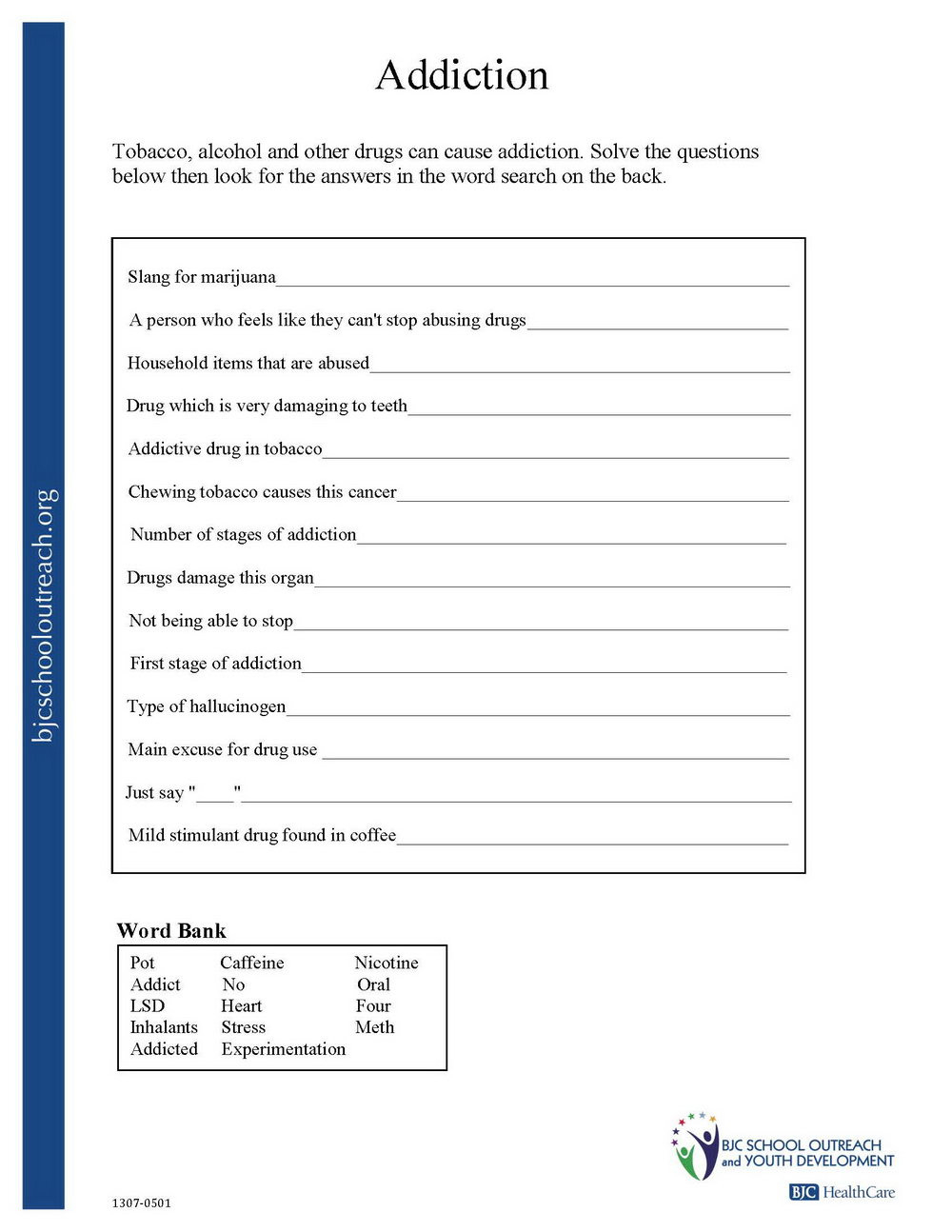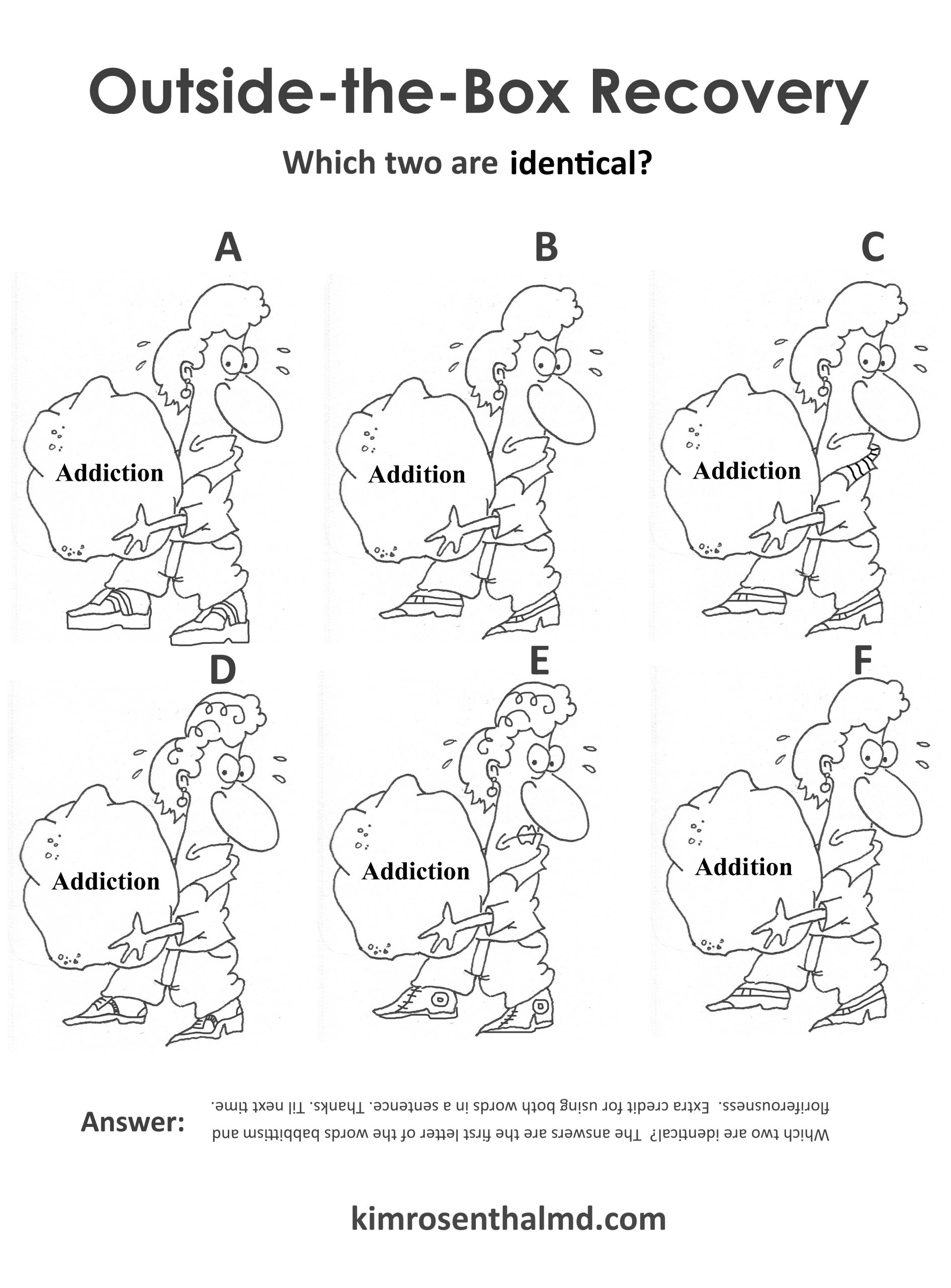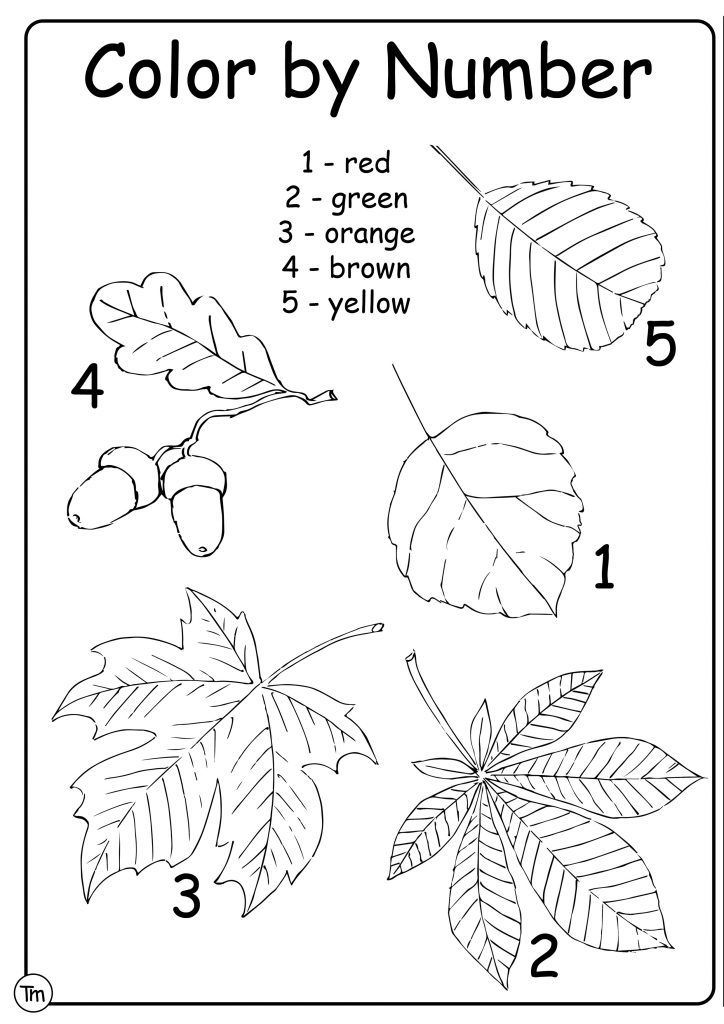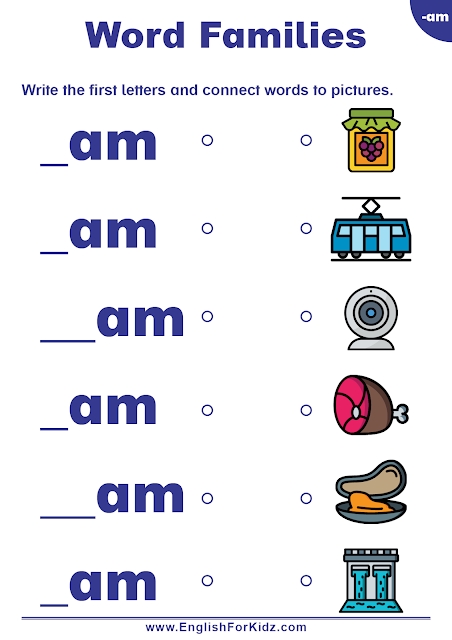Recovery Group Topics and Worksheets for Healing

Creating a Safe Space for Recovery: Group Topics and Worksheets for Healing
Recovery from addiction, trauma, or mental health issues can be a challenging and isolating experience. Group therapy provides a safe and supportive environment for individuals to share their struggles, receive guidance, and develop coping strategies. As a facilitator, selecting the right topics and worksheets can help foster a sense of community and promote meaningful discussions. In this article, we will explore various recovery group topics and provide worksheets to aid in the healing process.
Establishing Trust and Building Community
The foundation of any successful recovery group lies in establishing trust and building a sense of community. This can be achieved by introducing icebreaker activities, sharing personal experiences, and encouraging open communication.
- Topic: “Getting to Know Each Other”
- Worksheet: “Sharing My Story”
- Please take a few minutes to write about your personal experience with addiction/trauma/mental health issues. Consider sharing:
- What led you to seek help?
- What challenges have you faced in your recovery journey?
- What do you hope to achieve in this group?
- Please take a few minutes to write about your personal experience with addiction/trauma/mental health issues. Consider sharing:
📝 Note: Encourage group members to share their stories without interruption or judgment.
Understanding Addiction and Trauma
Educating group members about the science behind addiction and trauma can help demystify the recovery process and promote empathy.
- Topic: “The Biology of Addiction”
- Worksheet: “Understanding the Brain’s Response to Addiction”
- What are some common myths about addiction?
- How does the brain respond to substance use?
- What role do neurotransmitters play in addiction?

| Neurotransmitter | Function | Effect of Addiction |
|---|---|---|
| Dopamine | Pleasure | Imbalance |
| Serotonin | Mood regulation | Decreased levels |
| GABA | Calming effect | Increased levels |
🧠 Note: Use visual aids and simplify complex concepts to facilitate understanding.
Coping Mechanisms and Stress Management
Teaching healthy coping mechanisms and stress management techniques can empower group members to navigate challenging situations.
Topic: “Mindfulness and Relaxation Techniques”
Worksheet: “Coping Mechanisms Worksheet”
- What are some common stressors in your life?
- What coping mechanisms have you used in the past?
- What mindfulness techniques would you like to try?
Topic: “Healthy Relationships and Boundary Setting”
Worksheet: “Boundary Setting Exercise”
- What are some common boundary-setting challenges?
- How can you communicate your needs effectively?
- What are some strategies for maintaining healthy relationships?
Emotional Regulation and Self-Care
Emotional regulation and self-care are crucial components of the recovery process. Encourage group members to explore their emotions and develop self-care strategies.
Topic: “Emotional Awareness and Regulation”
Worksheet: “Emotional Awareness Worksheet”
- What are some common emotional triggers?
- How do you typically respond to emotional stimuli?
- What strategies can you use to regulate your emotions?
Topic: “Self-Care and Self-Compassion”
Worksheet: “Self-Care Plan”
- What are some activities that bring you joy?
- How can you prioritize self-care in your daily routine?
- What self-compassionate statements can you use to support yourself?
Recovery Maintenance and Relapse Prevention
Preparing group members for the challenges of recovery and providing relapse prevention strategies can help ensure long-term success.
- Topic: “Recovery Maintenance and Relapse Prevention”
- Worksheet: “Relapse Prevention Plan”
- What are some common relapse triggers?
- What strategies can you use to prevent relapse?
- What support systems do you have in place?
What is the goal of a recovery group?
+
The primary goal of a recovery group is to provide a supportive environment where individuals can share their experiences, receive guidance, and develop coping strategies to aid in their recovery journey.
How can I create a safe space for my recovery group?
+
Establishing trust, promoting open communication, and encouraging empathy are essential components of creating a safe space for your recovery group. Consider using icebreaker activities, sharing personal experiences, and encouraging active listening.
What are some common challenges in recovery?
+
Common challenges in recovery include managing stress, regulating emotions, and maintaining healthy relationships. Developing coping strategies, practicing self-care, and seeking support from peers and professionals can help overcome these challenges.
Related Terms:
- Free addiction recovery worksheets PDF
- Substance abuse group activities PDF
- Accountability in recovery worksheets pdf
- Taking the Escalator worksheets
- SMART Recovery
- Smart recovery tools



